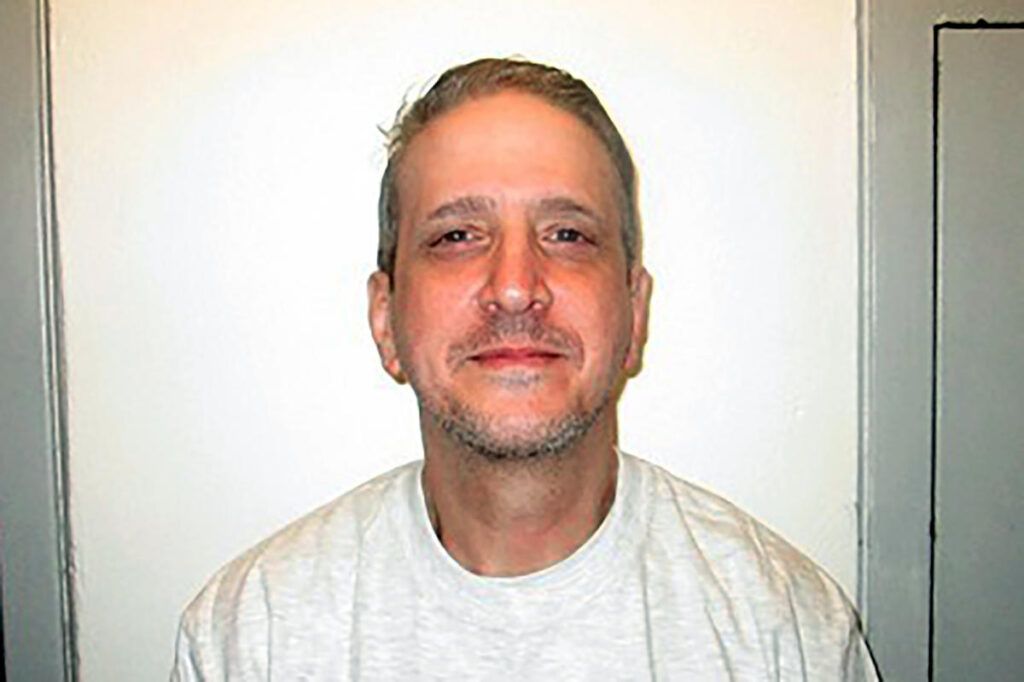Richard Glossip, an Oklahoma death row inmate, has faced an astonishing legal struggle, marked by nine execution dates and three “last meals” while he maintains his innocence in a 1997 murder-for-hire case involving his former boss, Barry Van Treese. Despite the Supreme Court rejecting his challenge to Oklahoma’s lethal injection protocol nearly a decade ago, Glossip remains alive. In an unexpected turn of events, Oklahoma Attorney General Gentner Drummond joined Glossip in advocating for the overturn of his murder conviction, rekindling the case in the Supreme Court, which is set to hear arguments on this issue. The backdrop to this legal drama is a broader decline in the death penalty’s utilization across the nation, amid increasing awareness and concerns regarding wrongful convictions.
Drummond’s call for a new trial is particularly unusual, given that it is rare for prosecutors to admit significant errors in death penalty cases. His assertion highlights that Glossip’s trial was unfair, emphasizing concerns about the integrity of testimony from Justin Sneed—the primary witness against Glossip—whose psychiatric conditions and medication history were reportedly misrepresented during the trial. Sneed, who received a life sentence for his role in Van Treese’s murder, claimed Glossip offered him a substantial sum for the crime, which Glossip has always denied. This admission of prosecutorial error from Drummond is unprecedented and raises serious questions about the reliability of the death penalty system.
Furthermore, Glossip’s situation reflects a wider trend, with several prosecutors in states like Alabama and Texas pursuing new trials or clemency for other death row inmates, signaling potential systemic flaws within capital punishment approaches. As highlighted by Robin Maher, head of the Death Penalty Information Center, these cases elucidate public doubts around the fairness of the death penalty process. Despite evidence presented regarding misconduct and mishandled evidence, an Oklahoma appeals court sustained Glossip’s conviction, while the state’s pardon and parole board was unable to reach a consensus on clemency.
In the Supreme Court, Glossip has enlisted the assistance of prominent lawyers, including former U.S. Solicitors General Paul Clement and Seth Waxman, who are arguing for a new trial. They challenge the earlier rulings while an appointed attorney will defend the state court’s decision to keep Glossip’s conviction intact. Various states have submitted briefs to support the upholding of Glossip’s conviction, expressing a vested interest in maintaining respect for state judicial determinations at the federal level.
The case carries significant emotional weight, particularly for the Van Treese family, whose desire for justice has persisted throughout Glossip’s lengthy legal battle. They have expressed frustration over the ongoing proceedings, which are delaying a resolution to the case they have been entangled in for over a decade. While a number of former prosecutors have supported Glossip’s quest for a new trial, former Oklahoma County District Attorney David Prater stands firm in his belief that Glossip orchestrated the murder, emphasizing his extensive review of the evidence.
As the Supreme Court prepares to evaluate this controversial case, the implications and potential outcomes of their decision could reverberate through the larger conversation surrounding capital punishment in the United States. Many are anticipating clarity on the death penalty’s administration and the judicial processes that surround high-stakes convictions, especially as voices for reform gather momentum in the wake of Glossip’s ongoing struggle for a fair trial. With a ruling expected by early summer, the future remains uncertain for both Glossip and the broader debate on ethical and judicial standards in the context of capital punishment.

